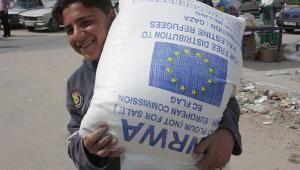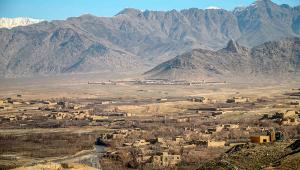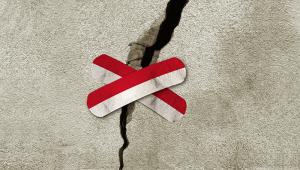Donors are meeting in Geneva this week to discuss a $920.5m joint response plan to the Rohingya humanitarian crisis.
Oxfam, Save the Children and World Vision said in a joint statement that investing in education can help equip refugee children with the skills they need to create a better future in Myanmar, when they can return.
They called on the international community to support the government of Bangladesh and make education a priority.
Dipankar Datta, Oxfam Bangladesh country director said: “Donors and the government of Bangladesh should increase opportunities for women and girls to earn and learn, in order to help protect them from abuse and exploitation and be able to provide a better future for their families.”
An estimated 700,000 children and youths involved in the crisis lack access to educational services and just four in 100 have access to any form of education or vocational training, according to the NGOs.
David Skinner, team leader of Save the Children’s Rohingya Response said: “The Rohingya children currently in Bangladesh have had their rights abused by being forced to flee their homes in horrific circumstances.
“They have experienced things that no one – let alone a child – should experience. They should not suffer a double penalty by also being denied their right to education. The least the world can do is to ensure that they are not any more disadvantaged.”
The NGOs also called on donors to prioritise income-generating projects for adults, especially women, to find work in the refugee camps.
Violence broke out in Myanmar at the end of August 2017 when militants attacked government forces after decades of ethnic tensions. The government forces have since retaliated against the Rohingya people and it is estimated that more than one million people live in camps and settlements in Bangladesh as a result of the crisis.







